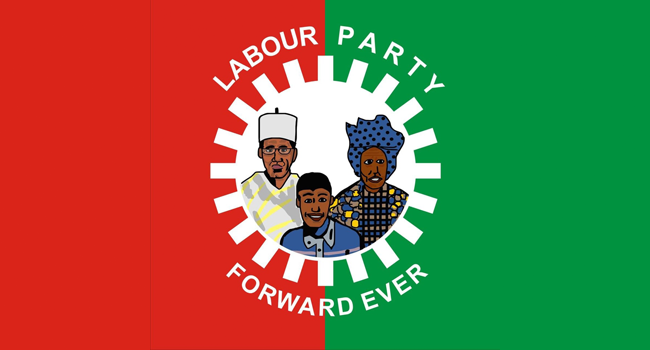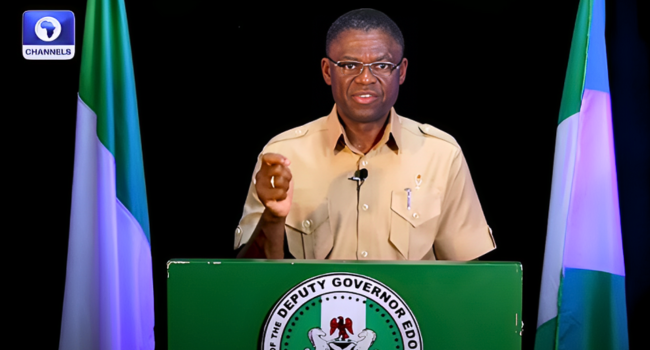The Edo State Governor, Godwin Obaseki, has said that ranching is a private business and must be treated as such.
Speaking after his meeting with President Muhammadu Buhari in Abuja on Wednesday, Obaseki said Edo people would rather invest privately in the ranching business. Obaseki told newsmen at the State House that the clashes between farmers and herders could be resolved with a full implementation of the National Livestock Transformation Programme (NLTP).
He, however, urged the Federal Government to “acknowledge” the Edo State model. Throwing some more light on the model of his state, Obaseki said those involved in ranching are expected to provide the land.
The governor stated that during his interaction with President Buhari, he tabled his people’s opinion as regards the ranching practice. Further making a case for his state, Obaseki said the NLTP should be able to “help Edo people benefit from the funding that is now being made available for people who want to go into the livestock business and have made investments in ranches and other similar livestock programmes,”.
Obaseki explained that the private view of the ranching exercise is a key reason the Edo State Government is yet to promulgate a law banning open grazing.
“As you know, most southern states have passed laws relating to open grazing but Edo State has not. Because we want to ensure that whatever laws we pass are laws that we can enforce.”
At the briefing, the governor also debunked rumours suggesting that he would be returning to the All Progressives Congress (APC).
He stated that as a politician of repute, his conscience would not allow him to betray those who gave him shelter when there was a political storm.
Obaseki explained that he did not leave the APC on his own terms, but was forced out, an action he says will not allow him to leave the People’s Democratic Party (PDP)where he got support in his time of need.
“I think I’ve shown that I’m a politician with integrity and I have made it very clear that I didn’t leave the other party on my own. I was pushed out of the party, and someone else gave me cover, gave me an opportunity.
“It will not be the right thing to do to now leave who helped you, who gave you the umbrella in your storm, and then go back to the person who pushed you out.”
READ ALSO: [Defection Rumours] I Won’t Return To Where I Was Pushed Out – Obaseki
A Case For E-Transmission

Reacting to the Senate’s decision to reverse its earlier resolution on electronic transmission of election results, Governor Obaseki said he remains a proponent of the course.
According to the governor, PDP would not have won the last election in Edo State, but for the deployment of technology by the Independent National Electoral Commission (INEC).
“If not for the technology utilised by INEC, and God, I may not be governor today. So, I am one of those people who believe that we cannot and should not have elections in this country, going into the future, without transmitting results electronically from the polling units, because for elections to be credible, they have to be seen as transparent and once you have voted, you should be assured that your vote will count.
“With technology today, it is possible and INEC has shown it from my elections, that as soon as you voted, and the results have been counted in the polling units, then that result should be made available, such that you already know what you expect to be collated at the ward collation points.
“What has happened in many cases in the past is that people go and vote, the votes are counted in the polling units. They know, but by the time it gets to the collation point, it changes.
“But this time around, because of the transparency, everybody will see and know what they are expecting to be collated from the polling units. That is what happened in my election.
“So, I am a very strong advocate for electronic transmission of results from elections and I want to also note that from my personal experience, INEC has the capacity, INEC has the technology, and also the understanding of how these things should work,” Obaseki said.



